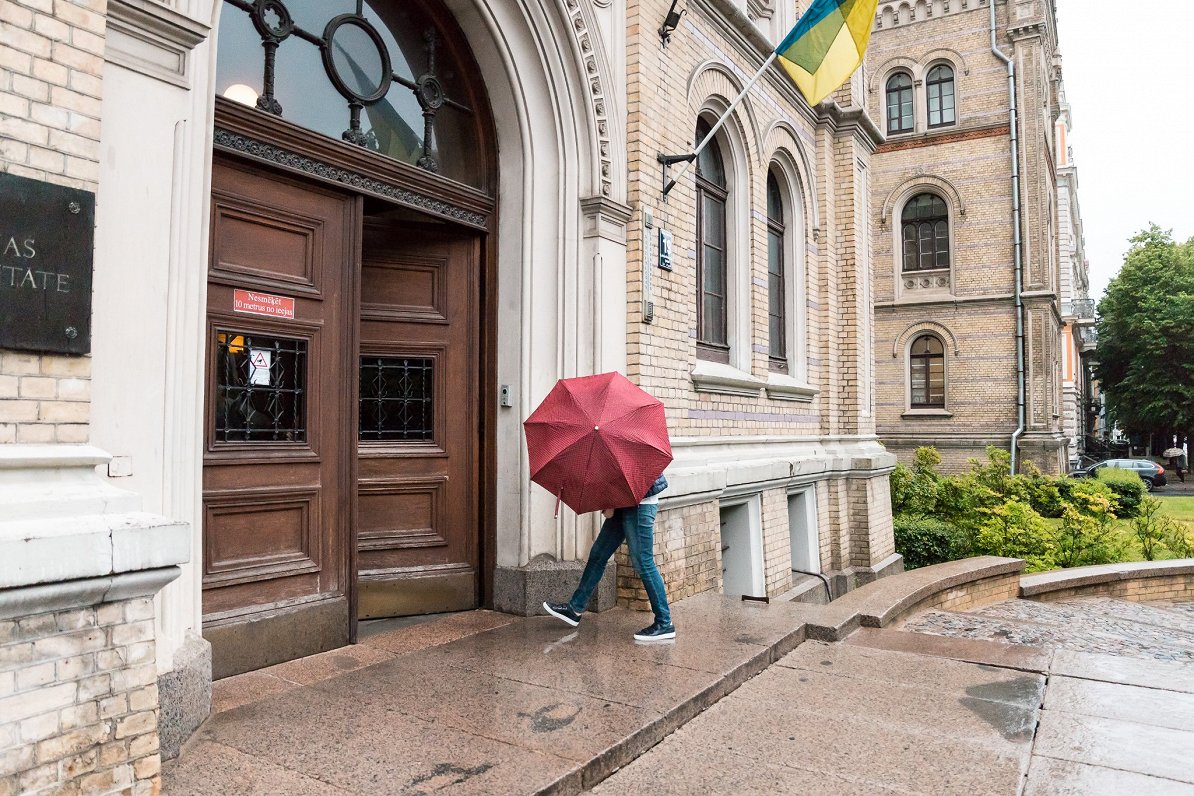Students addressed by Latvian Radio at the University of Latvia's Faculty of Law said they preferred studying onsite and would not like to return to their sofas at home.
“I personally like to learn in person. If I didn't like to study in person, I'd go fully remotely."
“I like it better in person, too. Much better. Contact with teachers, you can understand more. Remotely... well, it's not that.”
However, the rector of the university Indriķis Muižnieks said that the cost of thermal energy will rise by 80% in the best case, by 290% at the worst. The university's address list has 58 locations and even more buildings. Active studies take place in 12 buildings, but some of these historic buildings are not energy efficient.
“If the worst case occurs, then by mid-December we have to do what is [scheduled] for the first semester of autumn. And we can start again [onsite] in March. We have two-thirds of paying students, their outlook is particularly harsh. Now there are essential expenses that lie on their family or their own shoulders,” Muižnieks said.
Juris Iļjins, director of the administrative department of Riga Technical University (RTU), said “We will probably move to a four-day onsite work, and Fridays will have to be spent in remote mode. And the second thing: in the worst winter months – December, January, February – the university is likely to have to close at least for the study process,” Iļjins said.
The RTU and LU leaders concluded that energy-saving measures could only have a slight impact on the harsh forecast of the coming winter.
Meanwhile, Liepāja University Development Director Uldis Zupa pointed to plans to reduce heat levels indoors within the limits allowed by legislation to +18 C. While saving lighting, all possible processes are planned in the buildings: not only studies, but, for example, the cleaning of rooms.
Unlike private universities, state-run universities do not have financial support for increased energy costs. In order to deal with the energy price crisis, the Latvian Association of Universities has addressed the responsible ministries, but assistance has not yet been promised.




























